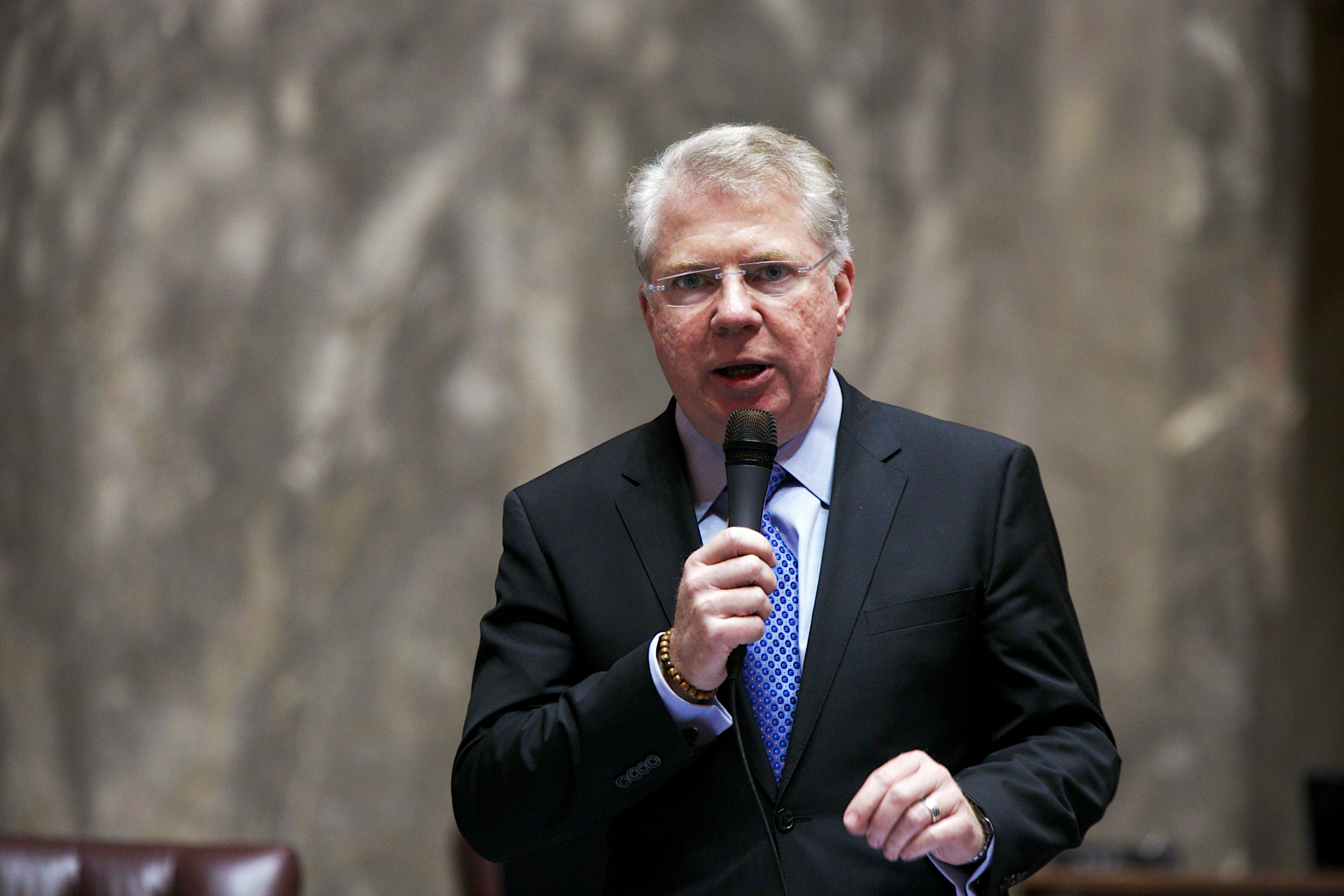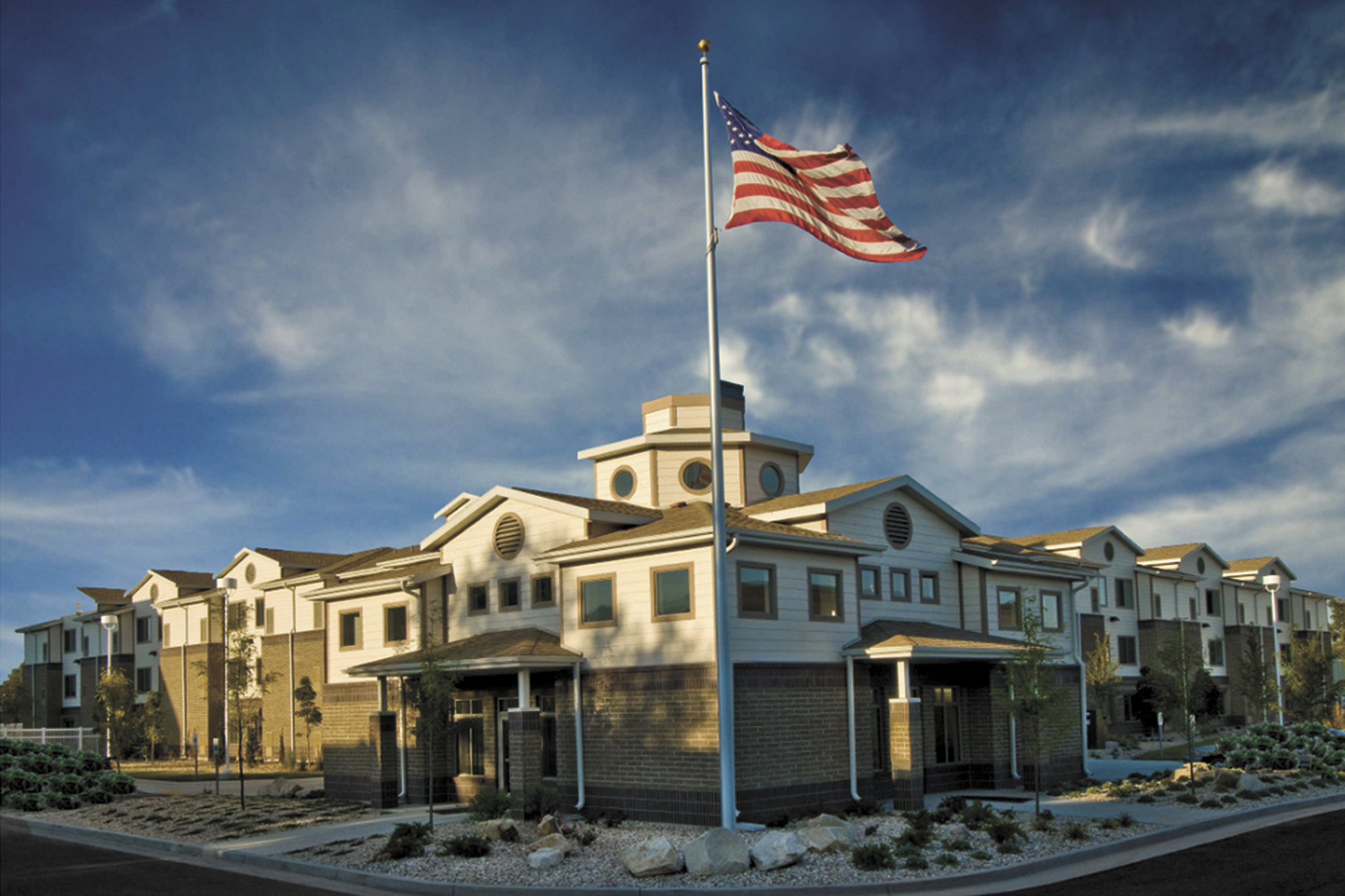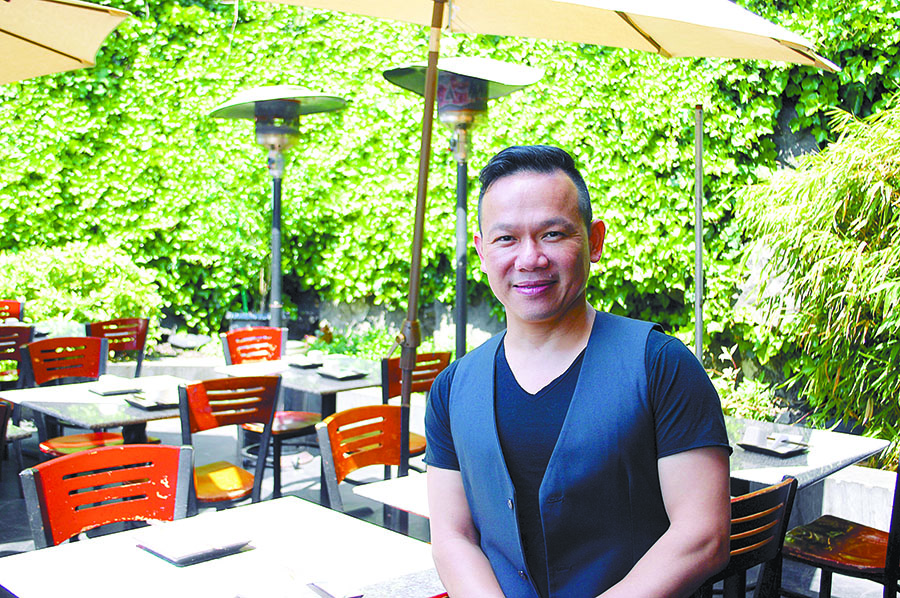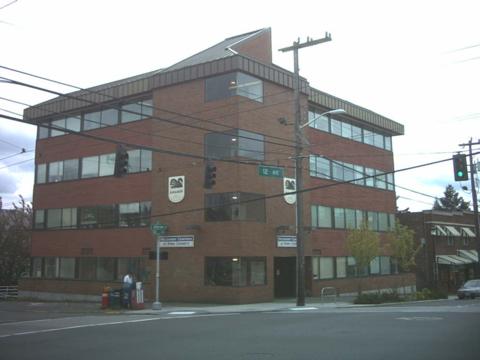If Seattle’s careworn mayor survives the August primary — as Ed Murray fully believes the city’s press release happy chief executive will — voters, he predicts, can expect one of the nastiest political showdowns in memory. “I think this is going to be the ugliest campaign Seattle has ever seen,” posits Murray, who fully believes, too, that it will be he who squares off against McGinn when the leaves turn brown.
A state lawmaker the past eighteen years, and now nursing a restless urge to sever ties with Olympia – especially in light of this year’s Republican-staged coup that robbed him of his post as Senate Democratic majority leader – Murray has nothing but disdain for McGinn, who after four years in office languishes at just 22 percent in a recent poll. “We have a mayor who says he’ll fight for Seattle, but actually he’s mayor who fights with Seattle,” he grouses during an interview late last month at what was temporary campaign headquarters in Pioneer Square before moving last week into Tim Burgess’s old digs on Capitol Hill – this, following a phone call from Murray operative Christian Sinderman to make sure there’d be no hard feelings on the part of the councilman who suddenly bowed out of the race last month.
“His governing style is very contentious and confrontational,” Murray goes on about McGinn. “He never articulated an agenda. It has all been very fragmented and disorganized.”
Murray, 58, the son of a steel yard worker, an Irish Catholic Kennedy-worshipping kid from Alki – one of seven children – who spent his formative years in Lacey, has a lot going for him now that mayoral race seems to have winnowed to four leading candidates, architect Peter Steinbrueck and council member Bruce Harrell being the other two.
Murray’s name is indelibly linked to the passage of last year’s gay marriage legislation, which earned him a trellis of enthusiastic volunteers, a raft of sole or dual endorsements in Democratic legislative districts, and a gush of more than $200,000 in contributions, a sizeable hunk coming in $74 denominations, a symbolic tribute to Referendum 74 which saw voters affirm the Murray-sponsored bill. He’s got an independent political committee, “People for Ed Murray” working to fill campaign coffers, as Murray is barred from raising money during the special legislative session.
Also, as House capital budget chairman and later as transportation chair, Murray managed to forge a business-labor-environmental alliance that helped him spearhead the only meaningful tax increases the state has seen in 20 years — gas taxes in 2003 and 2005 (totaling 15 cents) to upgrade the state’s transportation infrastructure.
Murray says the most critical issue facing Seattle is transportation. The city can have density where appropriate, he says, more responsive policing, better schools, and greater supply of affordable housing. “But none of this works as far as creating a more livable community without good transportation.”
From his state capital perch, Murray maintains that Seattle city government has become too quarrelsome, with one battle following another – the viaduct, the blame-game surrounding the police department, the $1.8 billion backlog in deferred maintenance for road improvements. He also believes that Seattle needs to take a more regional approach to matters like transportation and not seal itself off as it where a moat pulling up the drawbridge. “I believe I bring a different skill set than anyone else running,” he says. “I think if I can work in a contentious atmosphere like Olympia, than I believe I can be a successful mayor here.”
Still, Murray’s detractors sense that the senator, a longtime resident of North Capitol Hill, has become a creature of Olympia, ensconced in policy and that he lacks command of the gritty issues and concerns that drive Seattle’s sensibilities. Then, there’s the fact that unlike his chief rivals, Murray has never run a citywide race before.
Murray dismisses these potential speed bumps, saying, “I live here. I know and understand this city. There’s nothing that I’ve have done in Olympia that doesn’t have an effect on Seattle.”
As to his differences with Steinbrueck and Harrell, Murray signals what the arguments he’ll marshal over the eight weeks. “I will have a more collaborative relationship. He took a more contentious approach during his time on the council,” he says of Steinbrueck. “And I don’t buy into his lesser Seattle ideas.” As for Harrell, who Murray endorsed in both his council races, “I bring eighteen years of working on some huge problems on a scale he hasn’t seen or dealt with.”
Murray is clearly annoyed by the perception, a narrative that still lingers, that he’s a hothead. It’s a rap, and an unfair one (“mudslinging,” fumes Murray) that percolated during his early years in Olympia when his patience for conservative points of view was perhaps less cultivated than it is today.
“I don’t think I could have accomplished this (the gay marriage law) if I were this angry gay guy,” says Murray, noting that he moved incrementally forward with a ground-breaking anti-discrimination measure in 2006, following that up with a series of domestic partnership bills between 2007 and 2009 — then embarking on his all-out quest for marriage equality. “I am emotional, but I wouldn’t have gotten the kind of loyalty I’ve had from my staff, and I wouldn’t have accomplished the things I have if I had an anger problem.”
Murray’s intensity can quickly yield to light-hearted banter that reveals a graying self-aware man with a slight hereditary tremor craving to be centered. He takes long walks with his dog, a King Charles spaniel named Rory. “Michael (Shiosaki, his longtime partner) though it was a good idea to have a dog because it kept me balanced.” An admirer of the late Thomas Merton, a Trappist monk and social activist, Murray every three or four years goes off for a few days to a Benedictine monastery to put his spiritual side in order.
He’s a bird watcher, too, communing with his fine feathered friends out past the University of Washington or, when in Olympia, wandering the Nisqually Plateau. He has a bird watching app on his smartphone that when touched goes “tweet, tweet, tweet.”
With a wide smile, his piercing blue eyes brightening, Murray confides, “I got these binoculars that can correct for that tremor.”
As for the inevitable political tremors soon to unfold, Murray says, “I know that it would have been very easy for me to stay in the state senate. But no, I’m up for the challenge. I’m ready to take this step forward.”








